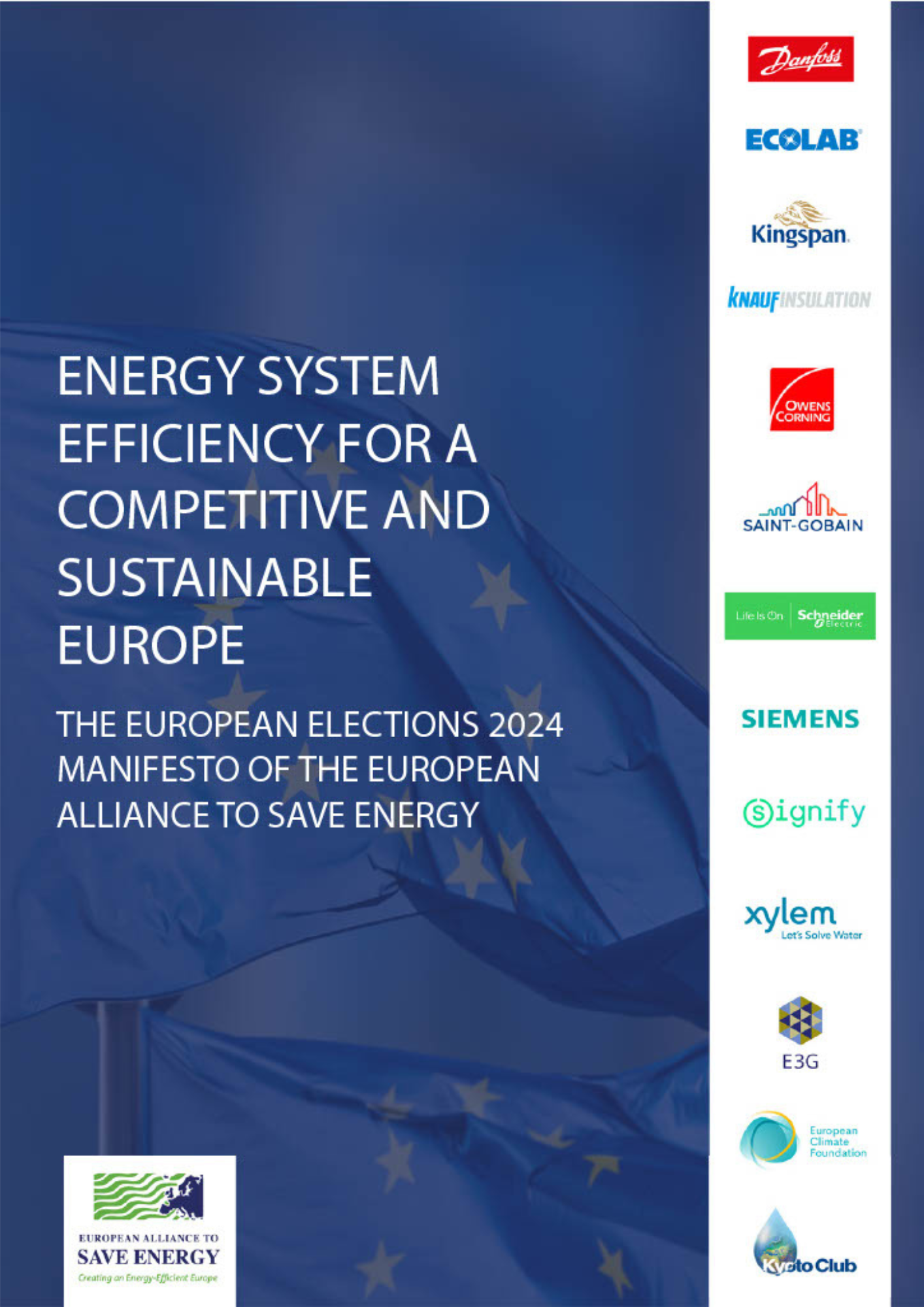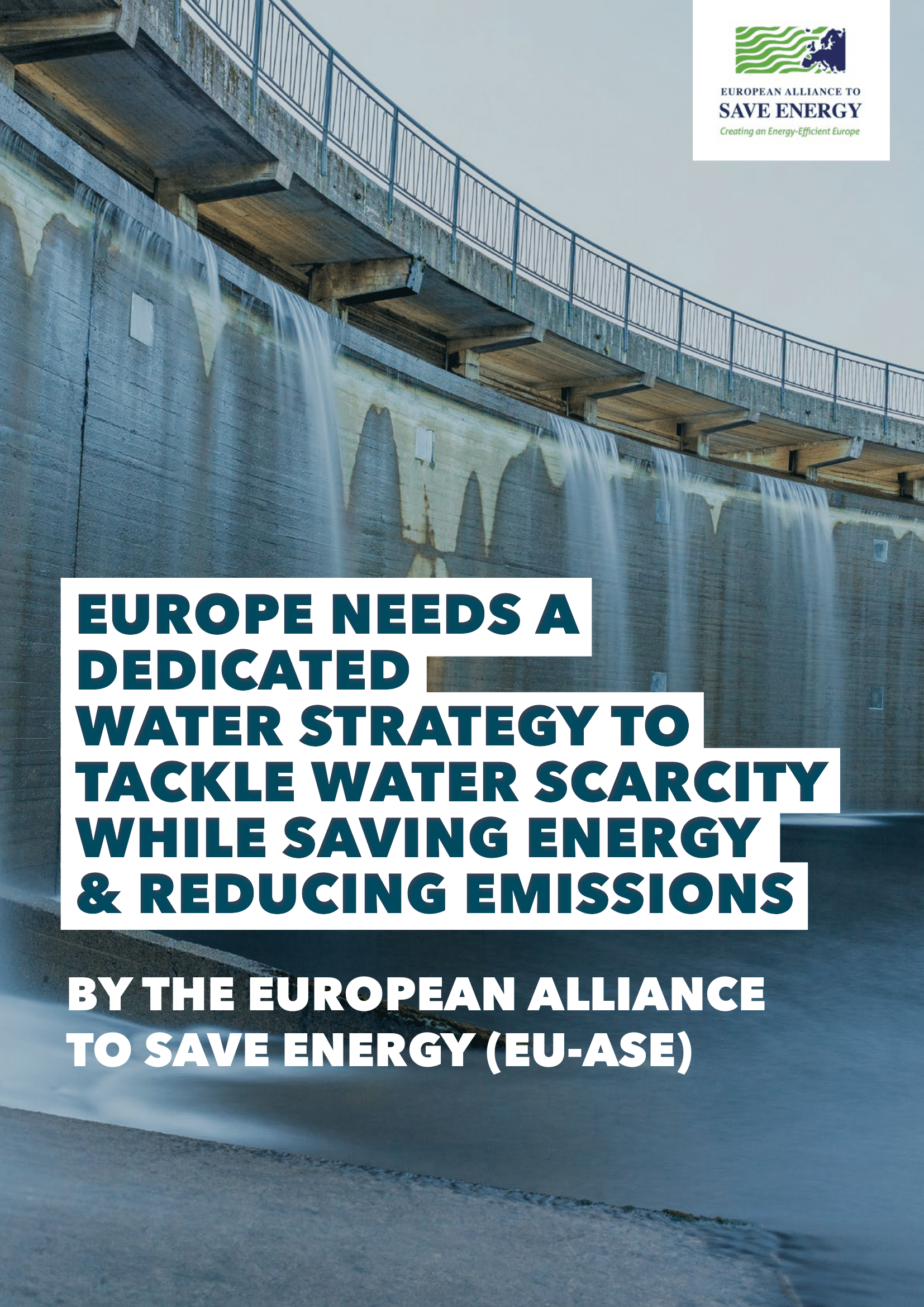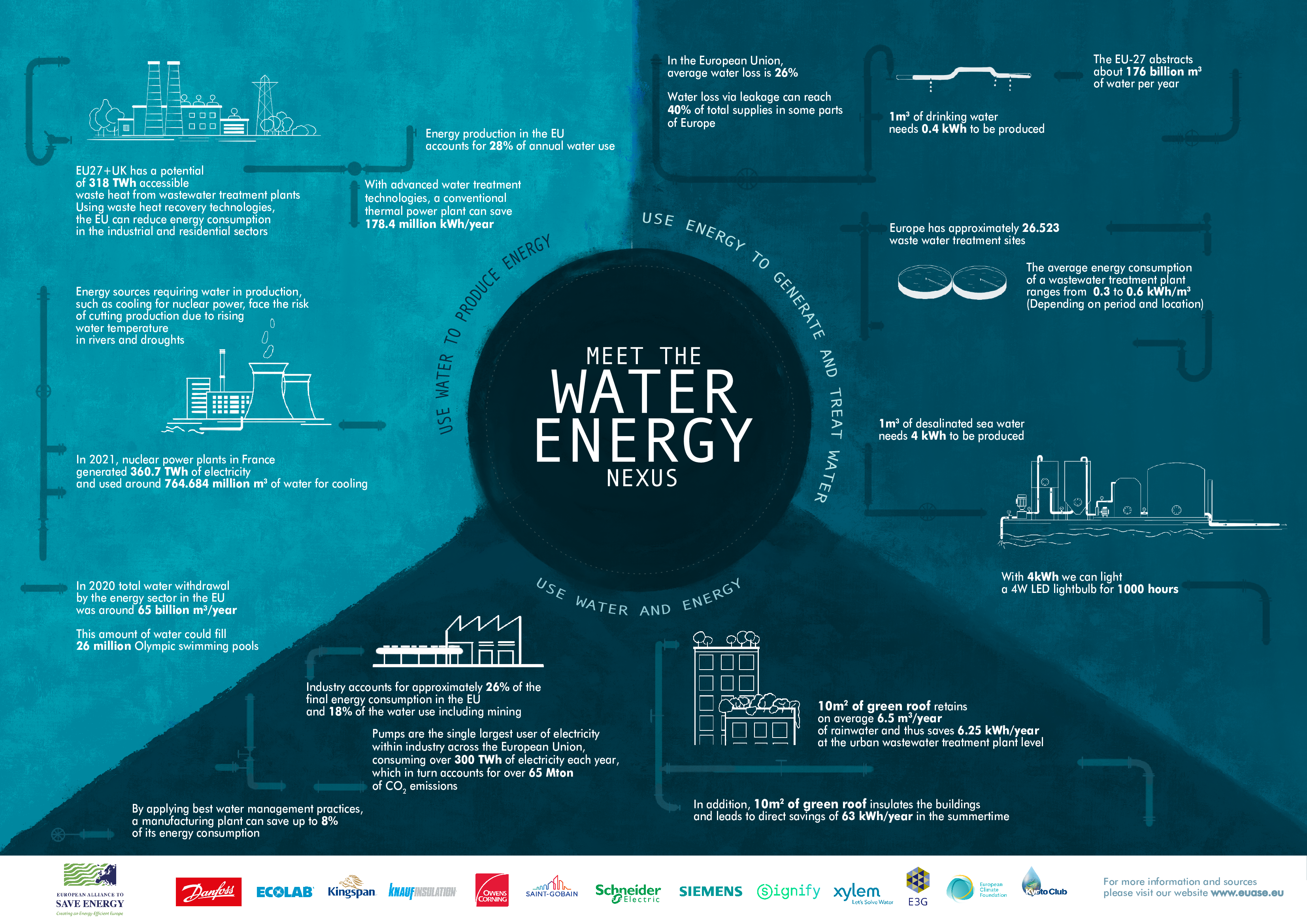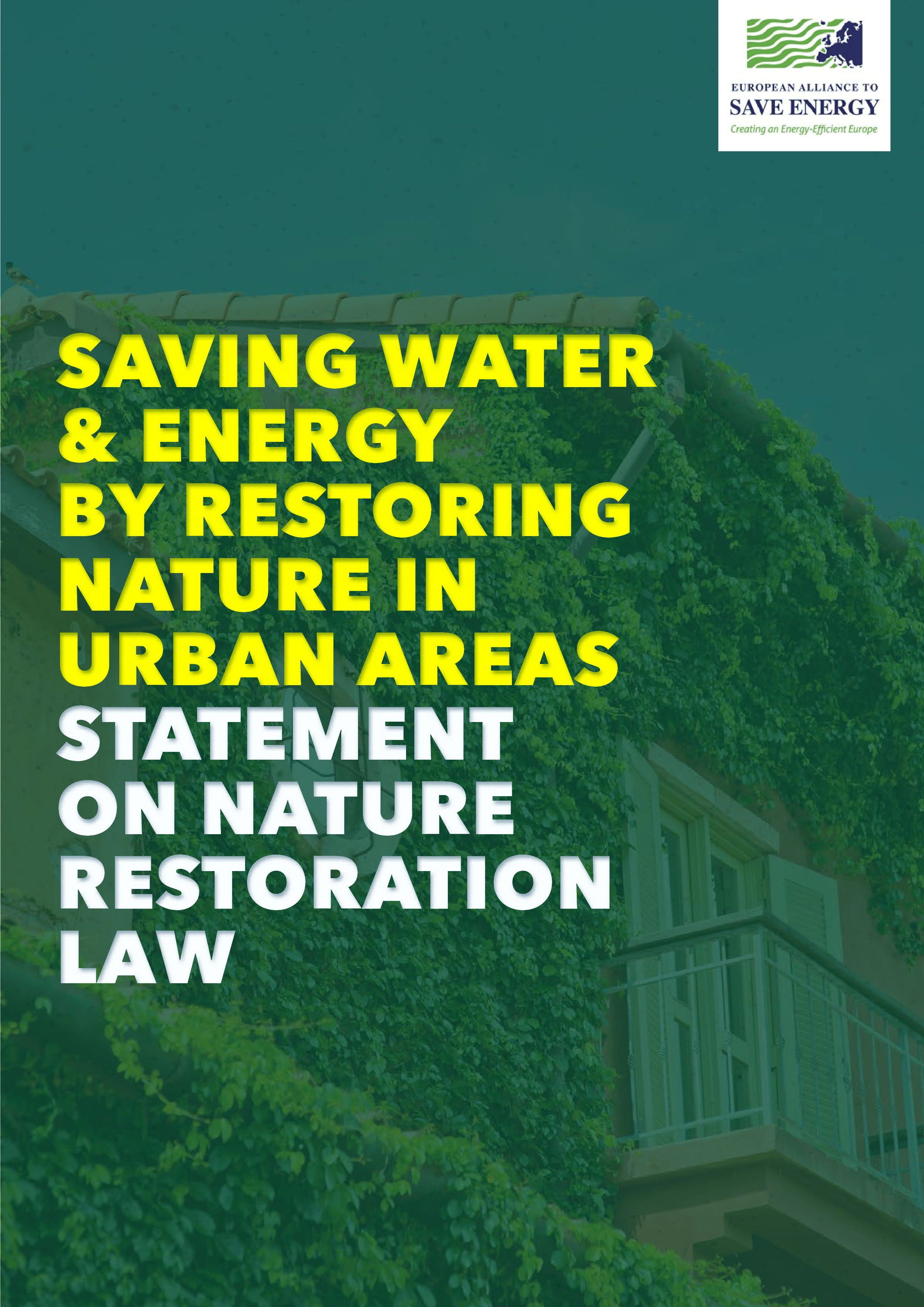EU-ASE Manifesto 2024 – 2029: Prioritizing energy system efficiency for a sustainable and competitive Europe

As we approach the European Election in June 2024, we stand at a critical juncture. The decisions made by the next European Parliament and Commission will profoundly shape the trajectory of the European Green Deal.
After the completion of the Fit For 55 legislation package, the challenge is now to implement it effectively to significantly contribute to our climate change mitigation and adaptation efforts.
At the European Alliance to Save Energy (EU-ASE), we believe that a climate-neutral Europe by 2050 hinges upon substantially reducing our energy need and prioritizing energy system efficiency as the cornerstone of our transition to a sustainable energy landscape characterized by the synergic combination between energy efficiency solutions, renewable energy sources and demand side flexibility.
An energy system efficiency approach connecting buildings, mobility, industrial ecosystems and renewable energy supply is the most beneficial and cost-effective way to promptly phase out fossil fuels and achieve the EU’s 2030, 2040, and 2050 climate goals. Embracing energy system efficiency will unlock multiple benefits for the European Union:
- Lowering energy bills for citizens and operational costs for businesses, enhancing economic well-being while preserving natural resources and avoiding conflicts.
- Shielding against future energy crises, price volatility and social unrest, ensuring a stable energy supply and bolstering security for citizens and businesses.
- Accelerating the transition from fossil fuels to renewables by reducing overall energy demand and optimizing consumption.
We call upon the newly elected Members of the European Parliament and the new European Commission to undertake 5 actions.




